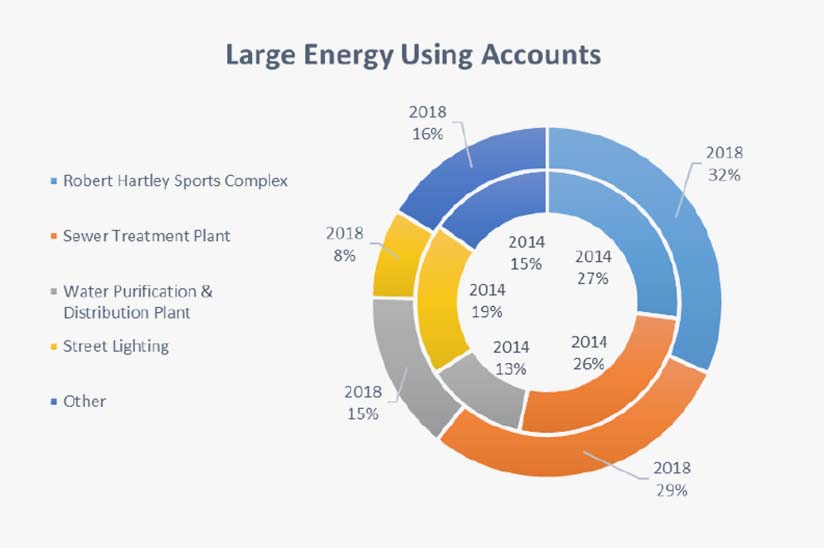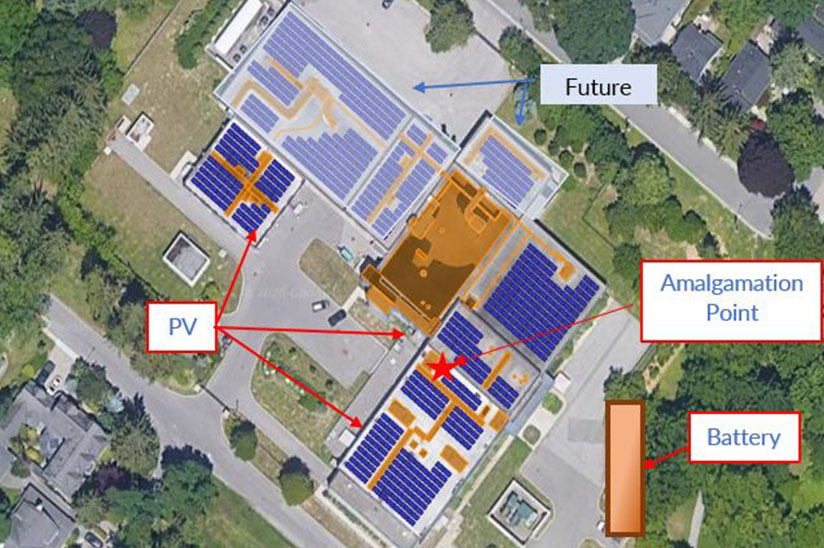Client: City of Cornwall
Location: Cornwall, Ontario
Size: N/A
The City of Cornwall (City) wanted to explore options to minimize carbon emissions at the wastewater treatment plant (WWTP). The City investigated strategies to maximize biogas production while minimizing the carbon emissions associated with the facility. One potential strategy was to harness thermal energy within their sewage system to offset the heating requirements of the WWTP and reduce on-site consumption of biogas for process heating purposes. The City retained JLR to provide a feasibility study and concept design of a waste heat recovery system including any necessary retrofits to the existing WWTP’s heating system. The intent was to identify a path towards zero carbon emissions at the facility by eliminating onsite combustion of biogas and natural gas.
A review of historical operation data demonstrated that there was sufficient thermal resource in the effluent flow stream to supply all heating requirements of the WWTP buildings and processes with excess capacity for new heat loads or for neighboring buildings.
Harnessing thermal energy from wastewater within the WWTP would require heat pumps to achieve temperatures appropriate for space heating needs. Heat pumps provide an interesting alternative to conventional boilers, particularly when an abundant heat source is available. Conventional heat pumps are limited in the temperatures they can provide and generally produce lower temperatures than common gas boiler systems.
Despite this limitation, a concept design was proposed to demonstrate that the annual heating needs of the WWTP can be met by a heat pump system using effluent as a heat source.
The proposed effluent waste heat recovery design was shown to be a financially viable method eliminating the need for on-site combustion and maximize the potential for renewable natural gas production and sale while reducing associated green house gas emissions by 99.8%.



